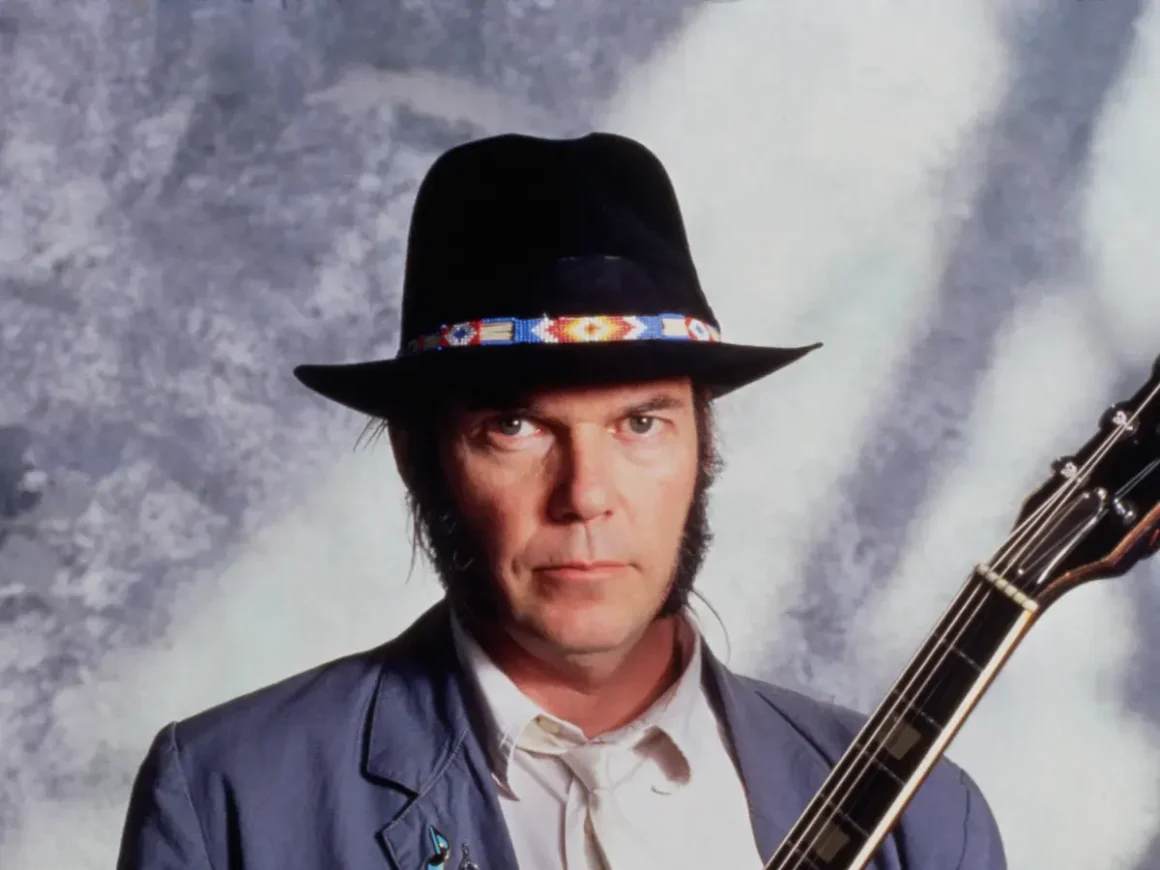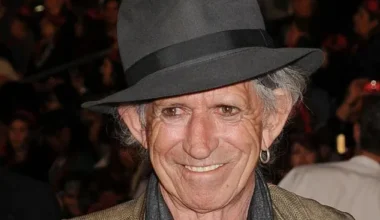You’d be hard-pressed to find a music fan who doesn’t appreciate Neil Young’s work or isn’t aware of his significance. Neil Young, unquestionably one of the most influential songwriters of all time, has had a multifaceted and enduring impact on culture.
Young, dubbed the “Godfather of Grunge,” created a precedent for the alternative rock genre decades before it became popular. The record that established the blueprint for such a sound, 1969’s Everybody Knows This Is Nowhere, was only his second solo album. It arrived a solid 20 years before alternative rock. As we know it had coalesced into something resembling a full-bodied scene thanks to the likes of Sonic Youth, Pixies, and Nirvana.
Listening to his crunching guitar tone and Crazy Horse’s pulsating rhythm section on the album now, years later, is scintillating. Young’s achievement of such innovation so long ago is quite remarkable. Fans are well aware that this was only the beginning, with him honing his craft throughout the 1970s.
Following this masterpiece, Young pushed himself to new heights with each release over the first decade of the following decade. He would produce more proto-grunge brilliance. As 1975’s Zuma, he would also establish himself as one of the greatest rock poets. It was with a sharper wit than most.
Fusing a somewhat gloomy outlook with his natural ability and being affected by personal tragedy. It included the death of original Crazy Horse guitarist Danny Whitten and the infidelities of his girlfriend, Carrie Snodgress. Young produced some of the most profound sonic moments of the 1970s. Starting with 1970’s After the Gold Rush and concluding with 1975’s Zuma, this run of six albums – which included the aptly named and revered ‘Ditch Trilogy’ – will never fail to penetrate with its emotion.
When speaking to Let It Rock in 1975, the ‘Cosmik Debris’ singer mentioned it as one of his favorite albums. He said, “After The Gold Rush: Neil Young.” The entire album; because it’s very direct, very melodic, and sounds like a collection of demos.”
The Gold Rush is more than just an album. It’s a sonic odyssey that transports listeners to a world where time stands still. Its enduring legacy continues to influence and inspire, leaving an indelible mark on the fabric of rock ‘n’ roll, reminding us of Neil Young’s enduring power and ability to transcend genre boundaries.
Notably, the album’s production exudes spontaneity and experimentation, embracing imperfections and idiosyncrasies that lend it an authentic, almost live-in-the-studio quality, which is arguably what drew Zappa in. This natural approach adds to the album’s enduring appeal, capturing the essence of the early 1970s musical landscape.








